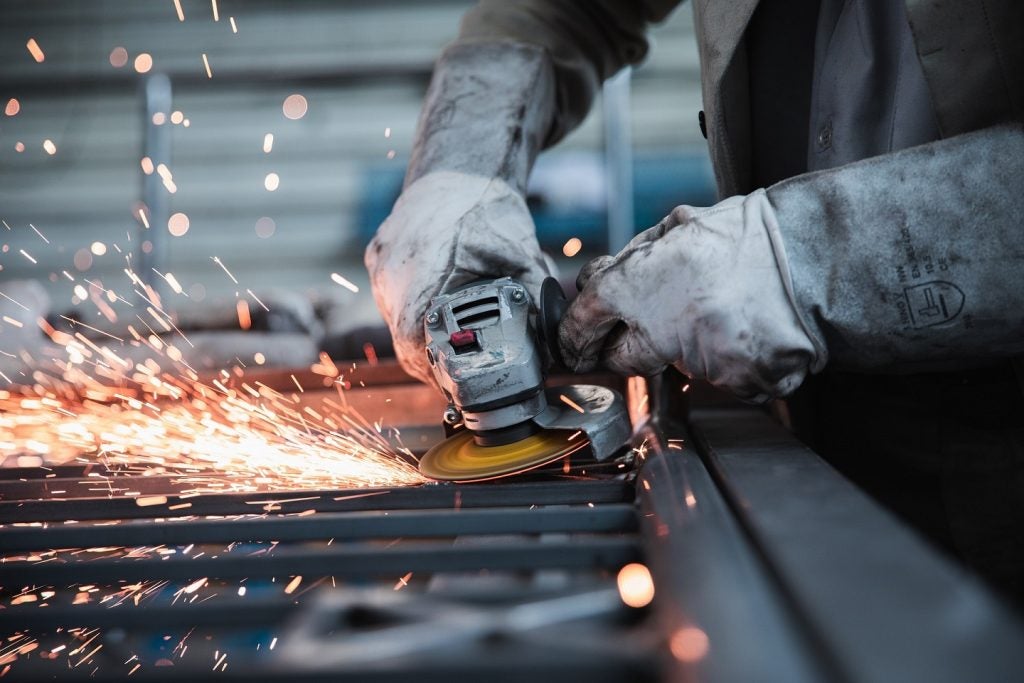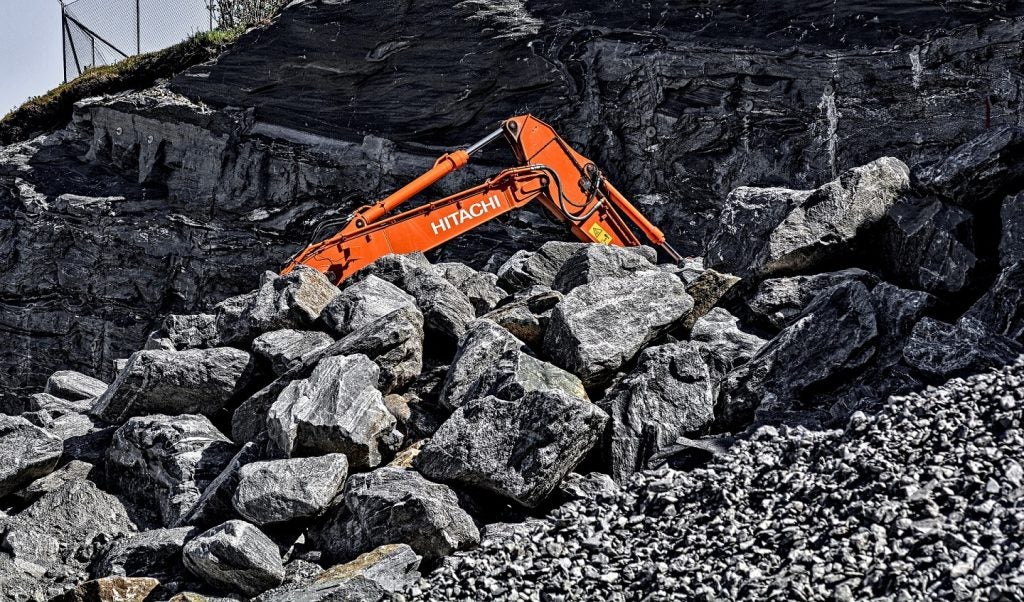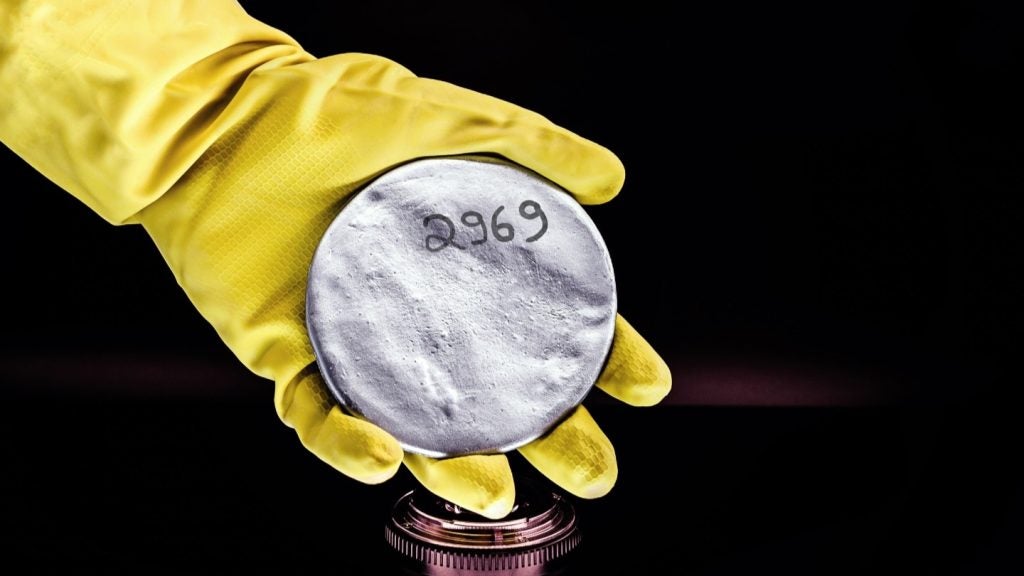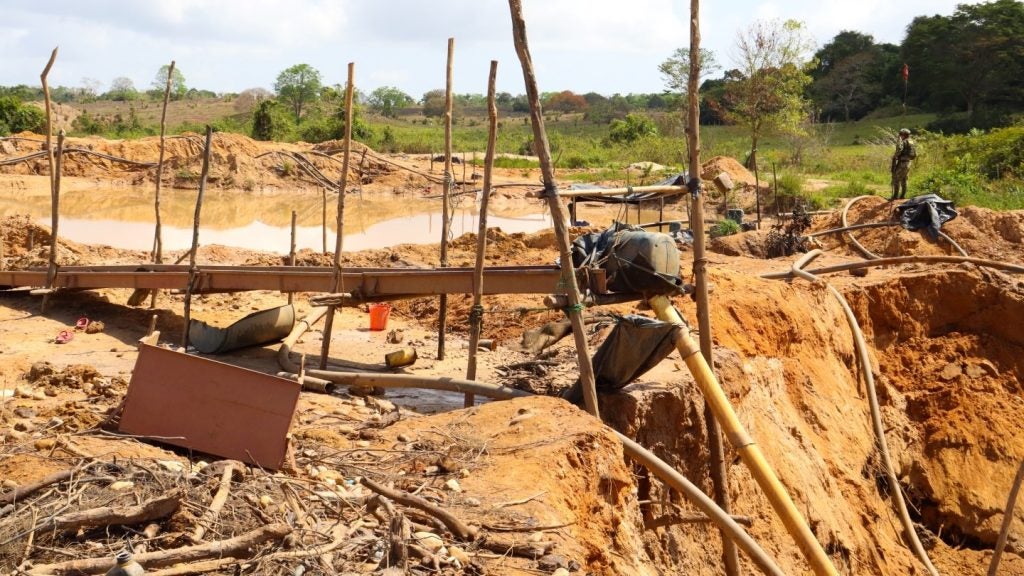Global miner BHP Group and Chinese steel company HBIS Group have signed an agreement to test DRI production and utilisation at the former’s steelmaking operations.
The partners will also test the use of BHP iron ores in blends and advance a separate enhanced lump stage II trial to reduce carbon emissions from blast furnaces (BFs).
Under the agreement, the parties will collaborate to explore alternate electrified methods for steel production for a wider range of iron ores.
The primary goal involves conducting a commercial-scale DRI production trial by making use of BHP's iron ores in blended compositions at HBIS's DRI plant.
The subsequent step involves assessing the performance of this DRI in the downstream stages of the steelmaking process.
Within the DRI plant, ore conversion into a refined metallic iron product occurs through the utilisation of hydrogen-rich gas byproducts, which are further processed to create steel.
BHP chief commercial officer Vandita Pant said: “DRI is an important element of our pathways to near-zero-emission steel production and in the decarbonisation journey of the steel industry.
“We are working with HBIS Group to demonstrate the use of BHP iron ores in DRI production trials. Together with other collaborations we have under way, including electric smelting furnace (ESF) development, the outcomes are expected to provide pathways to reduce carbon emissions from steel production using BHP’s products.”
The agreement builds upon the initiatives by the parties under a memorandum of understanding signed in 2021, incorporating advancements announced in subsequent phases.
HBIS chairman Yu Yong said: “The agreement signed today is another landmark following our substantive cooperation in areas such as CCUS [carbon capture, utilisation and storage], and highlights HBIS's efforts to build a low-carbon raw material supply chain.”
In March 2023, BHP and HBIS agreed to trial CCUS technologies at the latter’s steel mills.














